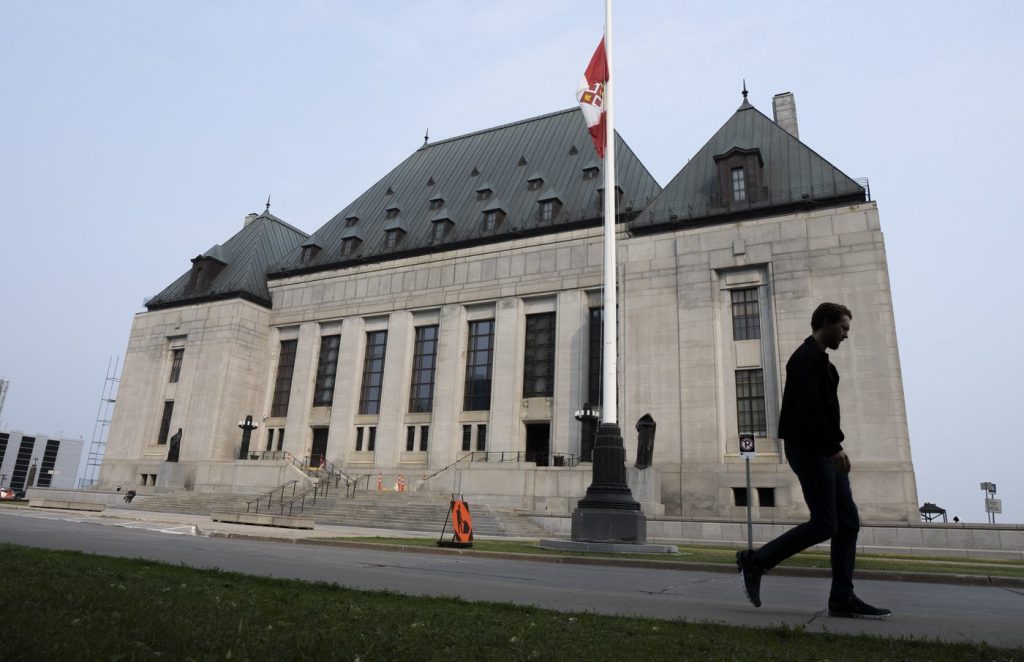The Supreme Court of Canada is scheduled to announce its decision today regarding the rules governing third-party election advertising in Ontario, which have imposed limitations on spending. Previously, before 2021, third parties were allowed to spend up to $600,000 on advertising in the six months leading up to a provincial election call.
However, in 2021, the government under Premier Doug Ford extended this restricted spending period to one year while maintaining the same spending limit. The Progressive Conservative government argued that this extended timeframe was essential to protect the electoral process from external influences. Conversely, critics contended that this legislation was an attempt by the government to undermine opposition and silence criticism ahead of the crucial 2022 provincial election.
The law faced significant pushback, particularly from teachers' unions, which sought to challenge its constitutionality. A lower court initially struck down the law, prompting the province to introduce a new bill that included the controversial notwithstanding clause. Yet, this decision faced successful challenges on appeal, leading to a pivotal ruling from the Court of Appeal for Ontario. The appellate court upheld that while the use of the notwithstanding clause was permissible, the law itself was declared unconstitutional as it violated the free expression rights of third-party advertisers.
The Court of Appeal further emphasized that the law infringed on a voter's right to meaningful participation in the electoral process, a right that cannot be abrogated by the notwithstanding clause. As a result, the court provided the Ontario government with one year to draft new legislation that conforms to the Charter of Rights and Freedoms.
Despite this ruling, Ontario's attorney general sought further appeal to the Supreme Court of Canada, an appeal that was accepted in late 2023. The broader context of this case includes a significant shift in advertising regulations that had been initiated by a 2017 law enacted by the then-Liberal government, which introduced restrictions that were previously non-existent. For instance, during the 2014 election, third parties spent an impressive $8.64 million, constituting 17 percent of all election expenditures.
Unions emerged as some of the most prominent third-party advertisers, with the Working Families Coalition, recognized for its anti-Tory advertisements, spending approximately $2.5 million during the campaign—a sum bolstered by contributions from some of Ontario's largest unions.
The current case before the Supreme Court involves the Working Families Coalition and several teachers' unions, among others. Additionally, the case has attracted considerable attention with over a dozen interveners, including the attorneys general from Canada, Alberta, and Quebec, alongside the Canadian Civil Liberties Association and the Chief Electoral Officer of Ontario.
This unfolding legal situation underscores the complexities surrounding electoral advertising regulations and the balance between maintaining fair electoral practices and protecting free expression rights in Canada.










